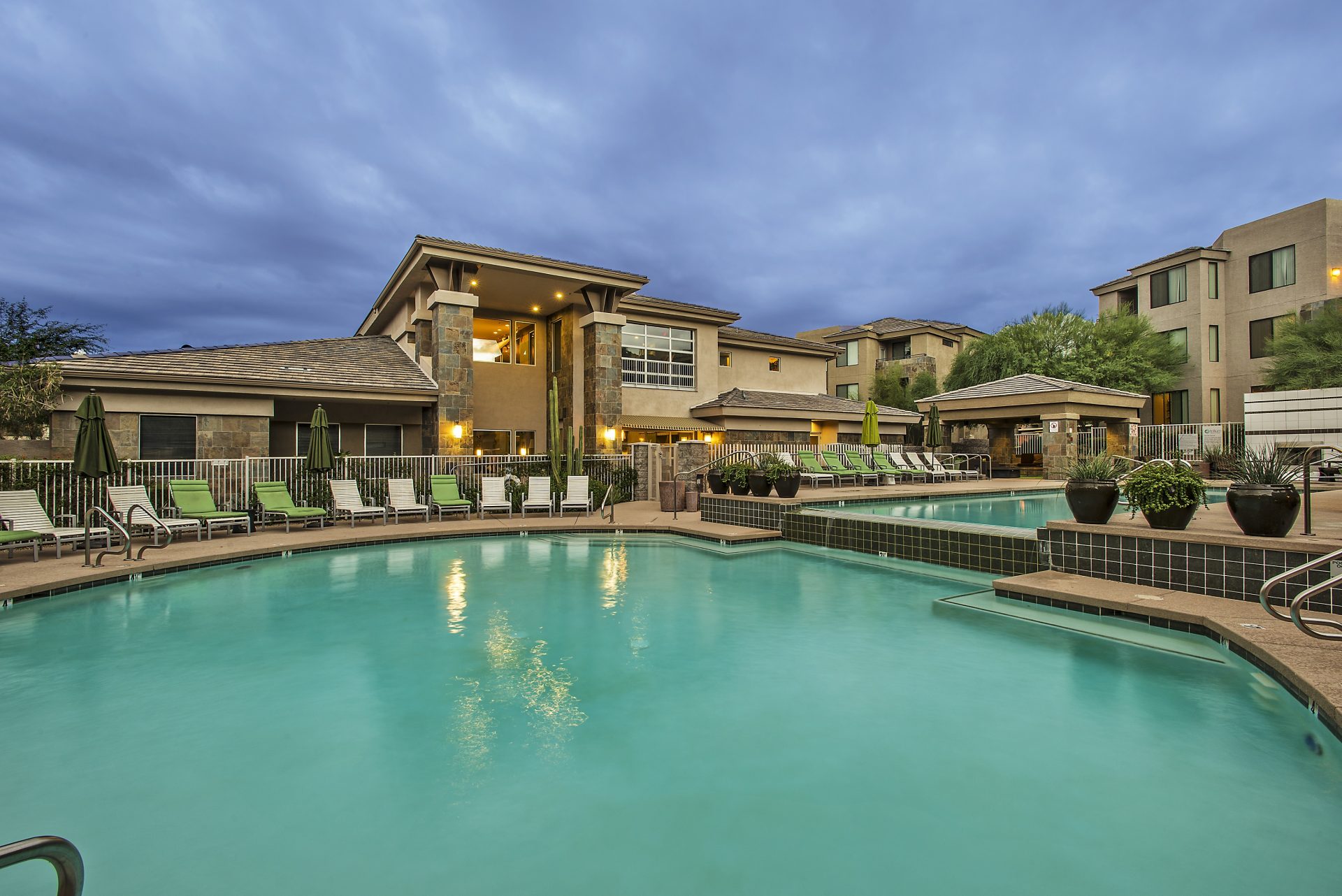Three performance rights organizations, or PROs, protect a majority of recording artists’ work from unauthorized use in public spaces. The two largest — ASCAP and BMI — are household names, but the smallest of the group, SESAC, is quickly becoming a well-known resident at multifamily properties. A third party working for SESAC has contacted multifamily property managers in Arizona about paying licensing fees for fitness centers, clubhouses and pool areas. These notices come monthly, unless requested to stop.
The notices claim the illegal use of one song can cost up to $750. At that rate, playing about an hour of illegal songs could cost a single property $7,500. SESAC doesn’t clearly call out apartment complexes among businesses that need licensing, according to its website’s FAQs.
Copyright owners have the right to control public performances of copyright materials. However, there are grey areas. As MEB Management Senior Vice President and Director of Operations Mark Schilling points out, when property owners apply for a swimming pool permit through Maricopa County, it’s considered a semi-private space.
This is the linchpin — the line between public and private space at apartment complexes, including the lobby, common areas and model apartments. Stephen Anderson, attorney at Anderson & Associates in California, says it’s difficult to make definitive calls on whether or not a property manger needs to invest in a music license until there’s a court case that sets the guidelines. However, he says this may not happen for a while and it may be cheaper for most of the smaller property managers to settle a case like this outside of court.
The National Apartment Association reports that annual license fees paid to PROs is priced by unit. It’s roughly $200 a year for every 300 units. While this doesn’t seem like a lot compared to paying $7,500 an hour for music, Schilling points out that property managers should conduct risk management analyses of properties.
“It’s a risk management scenario right now because we don’t know all the facts or which way it would go,” says Schilling, referring to unnecessarily buying licenses for properties.
Some of the requirements necessitating license, according to ASCAP’s website and MEB Management Project Manager Christy Alvarado, include having televisions that are not diagonally larger than 55 inches and having no more than six speakers in an establishment and no more than four in one room.
“This is a whole new arena for us,” says Alvarado, who added that in February MEB Management began an audit of its properties for the PROs’ licensing criteria.




